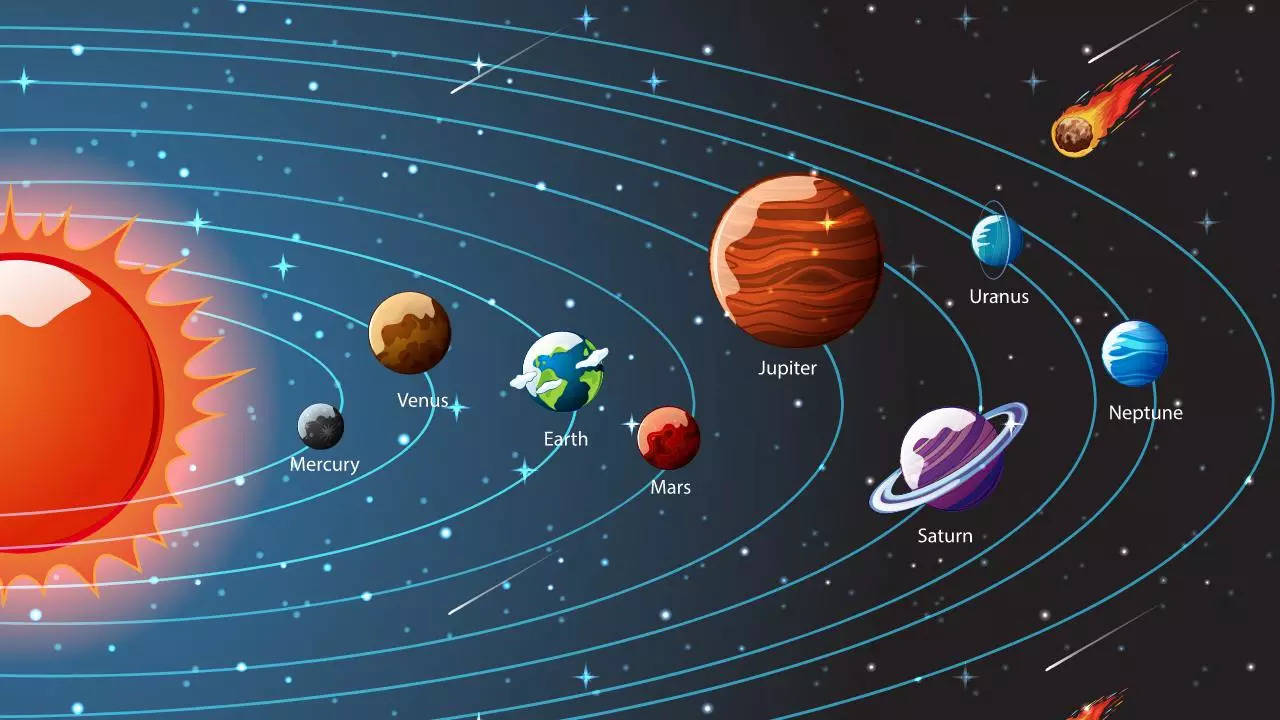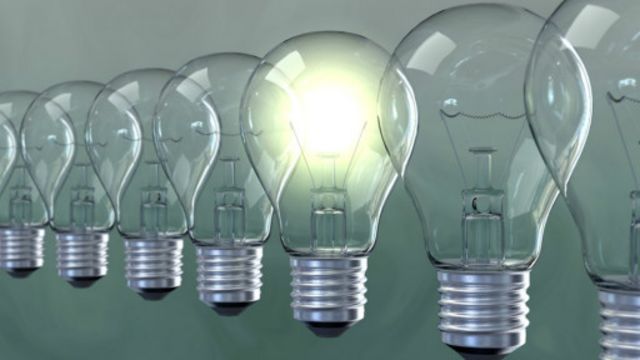Elaborado por:
Neiza Garcia 3-720-575
Ana Rivas 3-725-2100
Kimberly Segura 3-734-447
Claribeth Ortiz 3-716-2063
Sheneyka Branford 3-718-771
The solar system is a planetary system consisting of a central star, the Sun, and all celestial objects gravitationally bound to it. These objects include planets, moons, asteroids, comets, and other celestial bodies. Here's a brief description of some of the main components of the solar system:
- Sun:
Definition: The Sun is a yellow dwarf star at the center of the solar system. It is a hot, plasma sphere that emits light and heat due to nuclear reactions in its core.
- Mercury:
Definition: Mercury is the closest planet to the Sun and the smallest in the solar system. It has a rocky surface and lacks a significant atmosphere.
- Venus:
Definition: Venus is the second planet from the Sun and is similar in size and composition to Earth. It has a dense atmosphere and a surface covered in clouds.
- Earth:
Definition: Our planet, Earth, is the third from the Sun and the only one known to harbor life. It has an atmosphere that sustains life and a variety of ecosystems.
- Mars:
Definition: Mars is the fourth planet from the Sun and is known as the "Red Planet" due to its rocky surface. It has a thin atmosphere and has been a subject of space exploration.
- Jupiter:
Definition: Jupiter is the fifth planet from the Sun and the largest in the solar system. It is a gas giant with a dense atmosphere and has a large number of moons.
- Saturn:
Definition: Saturn is the sixth planet from the Sun and is known for its impressive rings. It is another gas giant with an atmosphere and numerous moons.
- Uranus:
Definition: Uranus is the seventh planet from the Sun and is a gas giant with a tilted rotation axis. It has a bluish-green color and also has rings.
- Neptune:
Definition: Neptune is the eighth and farthest recognized planet from the Sun. It is a blue gas giant with rings and has an active atmosphere with a variety of moons.
In addition to planets, the solar system includes moons, asteroids, comets, and other celestial objects that orbit around the Sun. This system is just one of many that make up our galaxy, the Milky Way.


No comments:
Post a Comment